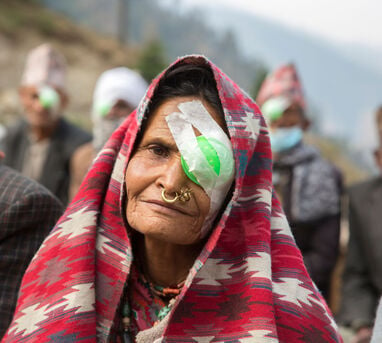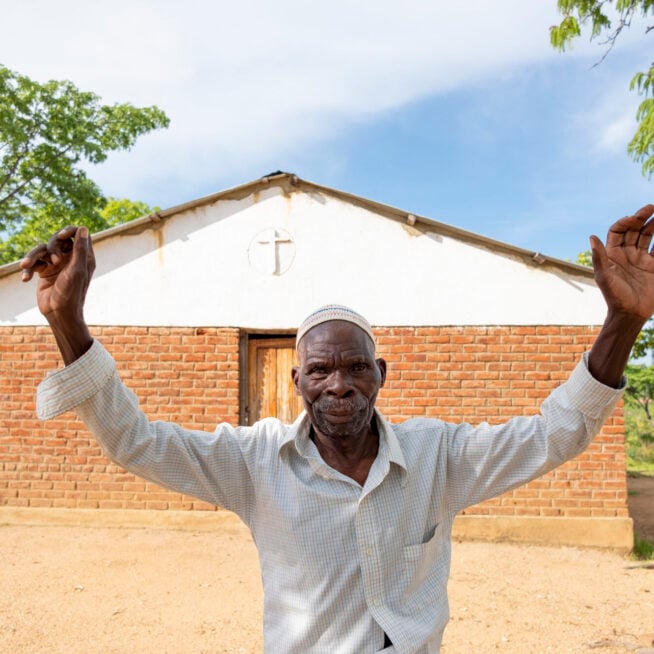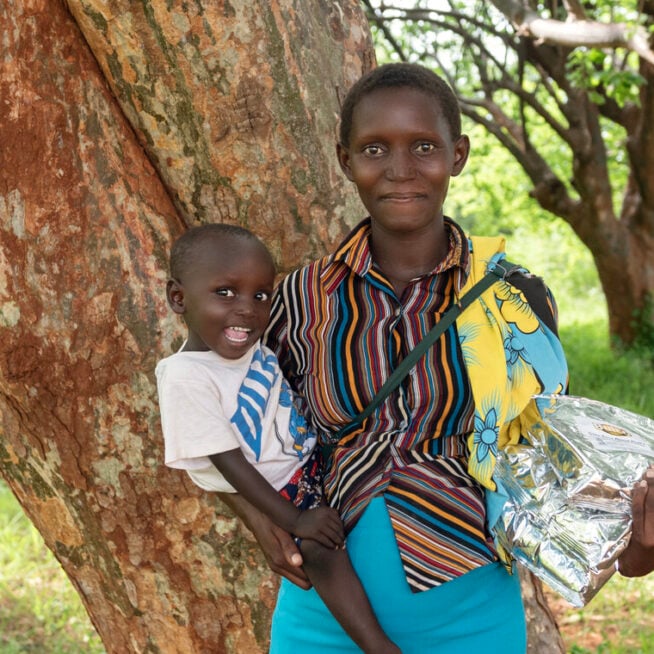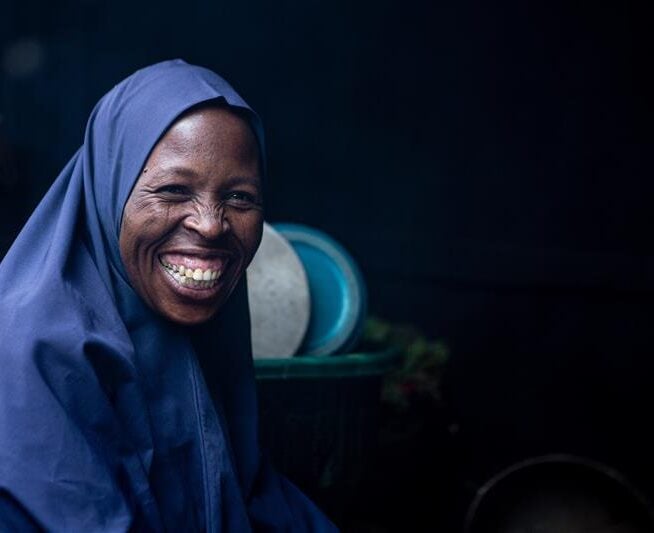Burundi has officially eliminated trachoma as a public health problem – a major milestone in the global fight against preventable blindness.
Burundi eliminates trachoma as a public health problem
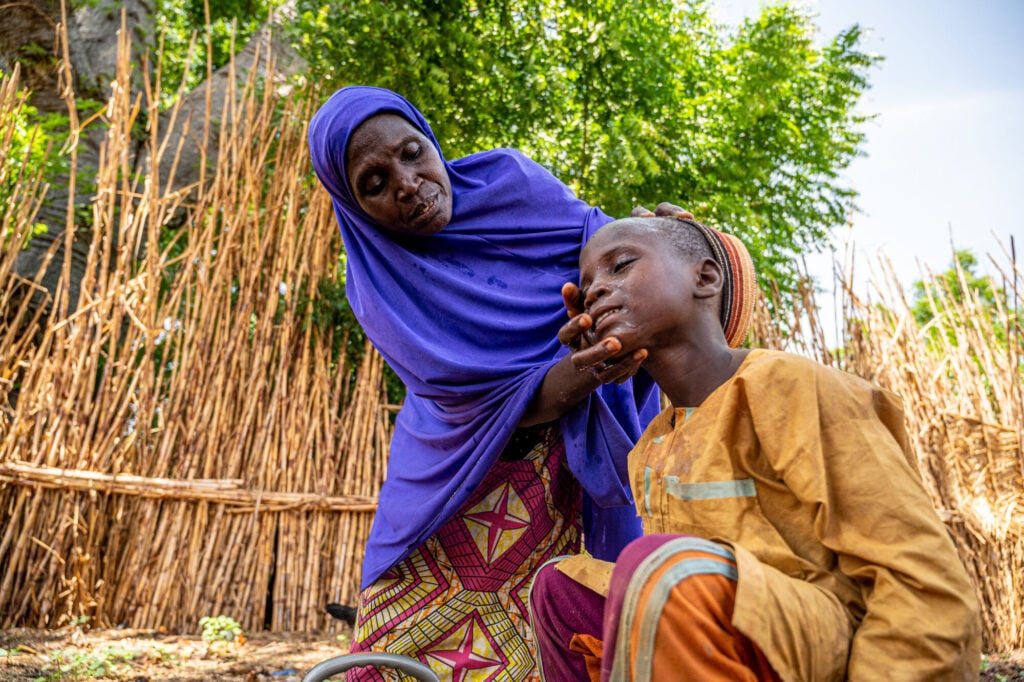
The World Health Organization (WHO) confirmed the news on 11 July 2025, making Burundi the eighth country in Africa to eliminate the disease. Trachoma, a painful and potentially blinding eye infection, is one of the world’s leading neglected tropical diseases (NTDs).
This success is the result of nearly 20 years of coordinated national effort, reaching more than 2.5 million people across 12 districts. Burundi’s elimination programme used the WHO-endorsed SAFE strategy: Surgery, Antibiotics, Facial cleanliness, and Environmental improvements – helping to stop the spread of the disease and prevent long-term disability.
CBM UK is proud to have supported this effort through our long-standing partnerships with Burundi’s Ministry of Health, WHO, the END Fund, and the International Trachoma Initiative.
Together, we helped:
- Fund critical programme work
- Provide technical expertise
- Support the distribution of vital antibiotics
“This is a powerful example of what’s possible when communities, governments and global partners work together. Trachoma causes unnecessary suffering – and its elimination in Burundi brings us one step closer to a world where preventable blindness is a thing of the past,” said Kirsty Smith, Chief Executive of CBM UK.
Trachoma spreads easily in areas without access to clean water or adequate sanitation. Repeated infections lead to scarring and eventually, blindness.
Eliminating the disease not only protects sight, it helps families stay in school, work, and live independently, breaking the cycle of poverty and disability.
With this achievement, 24 countries worldwide have now eliminated trachoma as a public health problem. CBM UK remains committed to supporting global efforts to end this disease and ensure inclusive access to eye health services.
